The Ultimate First Time Home Buying Guide

Are you really ready to buy a home?
Buying a home is a huge, life-changing event. Not only is home quite likely the largest purchase you’ll probably ever incur, but it could also take you decades to pay off.
If you’re looking to buy a home, it shouldn’t be because your married friends are becoming homeowners, or because it’s “the financially mature adult thing to do.”
You should become a homeowner because you WANT to be a homeowner. You have to want to take on all the responsibilities of homeownership, and you must be mentally ready to settle down in a single place for at least 5-6 years.
That’s without mentioning the elephant in the room. You must also be financially ready to become a homeowner.
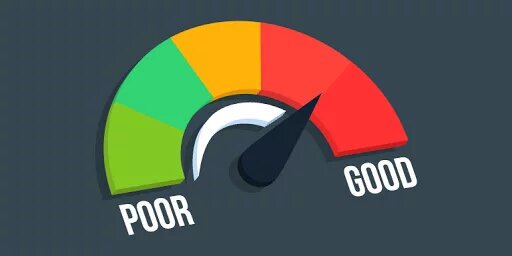
Improve your credit score
While purchasing a home in cash would be the homeownership's best-case scenario, for the vast majority of home buyers, the only way they’ll be able to meet their homeownership goals is by means of a mortgage.
In order to qualify for a mortgage, you must be able to prove your ability to repay your loan. To do so, you need to have a good credit rating, a stable job, a sizable amount of cash to make an initial down payment as well as a number of other requirements.
Out of all of those requirements, your credit score is one of the most important factors that lenders will consider when you apply for a mortgage.
That’s because all mortgages have a minimum credit score needed to qualify. And the higher your score, the better your terms will be.
For reference, the typical credit scores by mortgage type are:
FHA Loan - 580+
VA Loan - 620+
USDA Loan - 640 +
FHA 203K Loan - 620+
Conventional Loan - 620+
(Of course, these numbers could change depending on your area. Make sure to consult a trusted mortgage broker or mortgage agent to confirm the credit scores you need to have to qualify.) Speak with a local lender today!
Your first step towards improving your credit score is getting a credit report, so you know what your current score is (But be careful how many times you pull your score because checking your credit score too often can actually lower your credit score).
In the USA, you’re entitled to get a free copy of your credit each year from the 3 major credit reporting bureaus (Experian, TransUnion, and Equifax).
To get a free copy of your credit report, go to www.annualcreditreport.com. Although there are a number of websites that offer “free” credit reports, annual credit report.com is the only website authorized by the Federal Trade Commission to provide free credit reports.
As you go through your credit report, analyze it carefully and see if you can spot any mistakes. If you do, you’ll have the option to dispute those mistakes, which would improve your overall score.
At the same time, if you have a late payment or two, it’s possible to get them removed. Call the company that registered them, and ask them to remove those late payments.
If you only have one or two late payments, there probably won’t be any pushback, and the company will most likely remove them. But if you habitually make late payments, they likely won’t.
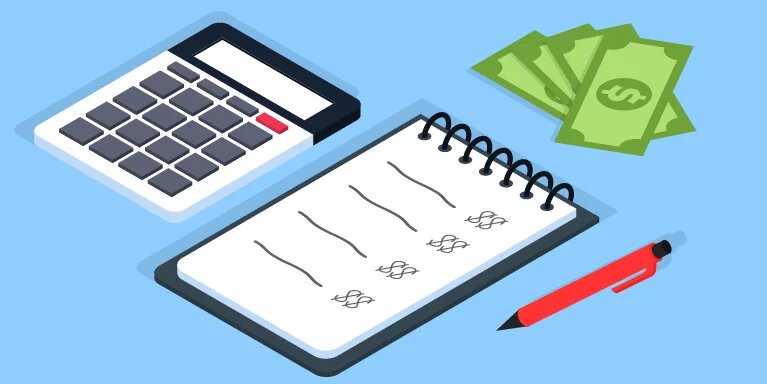
Pay off your debt and build an emergency fund
Beyond your credit score, mortgage lenders use a metric called the Debt to Income (DTI) ratio. This metric measures your ability to manage your monthly payments, and repay your debts.
As a general rule, lenders prefer a DTI lower than 36%, with no more of that amount going towards housing expenses.
While the maximum DTI varies from lender to lender, the lower it is, the better the chance that you’ll get qualified for a mortgage.
So in order to improve your chances of getting your mortgage approved, pay off as much of your current debt as possible.
Start by paying off your loans with the highest interest rate (typically your credit cards). Then use a debt repayment strategy, such as the waterfall method or the snowball method to get out of debt.
And once you’re debt-free, stay debt-free.
Next, start building an emergency fund. Life is uncertain, and you never know what’s going to happen. From job loss to sickness, it’s always best to be prepared. Build up an emergency fund that’s large enough to support you and your family for at least 3-6 months.
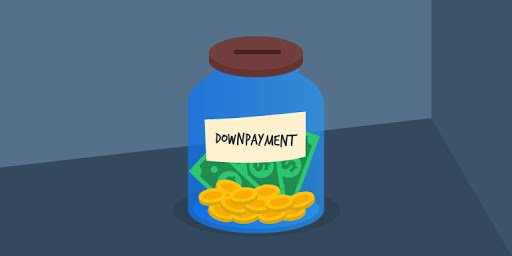
Save up for a downpayment
While it’s possible to get mortgages that require a downpayment in the low single-digits, try to save at least 20% for a downpayment.
By putting down at least 20%, you’ll avoid paying for private mortgage insurance, a better rate, and much more favorable terms.
Of course, it could very much be the case that a 20% downpayment is out of your reach. In that case, your real estate agent could help you find a first-time homebuyer program. Many of these offer single-digit down payments, such as FHA Loans and VA Loans.
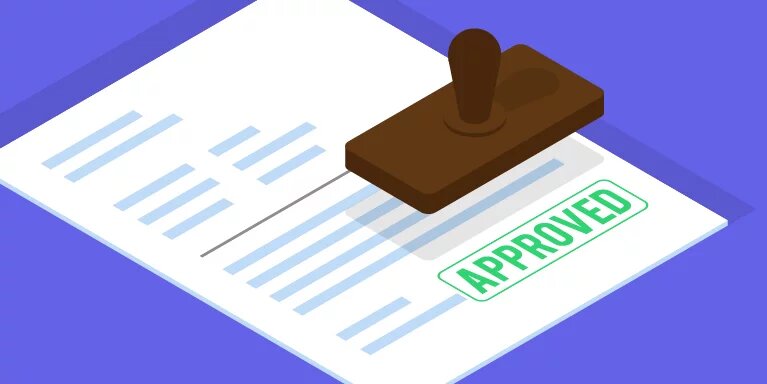
Get preapproved for a loan
Once you have a substantial amount of money saved for your downpayment, you may think that now it’s the time to start looking at home listings and hiring a real estate agent.
That’s not entirely correct.
The next thing to do is to get a mortgage pre-approval.
Not only does pre-approval give you peace of mind as you tour properties, but when you make offers, it shows that you’re a serious buyer, and gives you a leg-up when making offers.
To get pre-approved, the financial institution will need to verify your financial information (proof of income, taxes, etc.) and submit your loan for preliminary underwriting.

Find the right realtor
Hiring a real estate agent can be a valuable investment for any home buyer. Real estate agents have a wealth of experience and knowledge about the local real estate market, property values, and buying processes, which can be invaluable to buyers as they navigate the complex and often competitive world of real estate.
An experienced agent can help you find the right home at the right price, negotiate favorable terms and conditions on your behalf, and guide you through the entire buying process, from searching for properties to closing the deal.
Additionally, real estate agents have access to resources and information that may not be available to the general public, such as insider knowledge of upcoming listings and access to exclusive properties.
Ultimately, having a real estate agent by your side can help you save time, money, and reduce stress during what can be a very challenging process.
Learn more about the Buying Process with the Red Tree Real Estate Team.
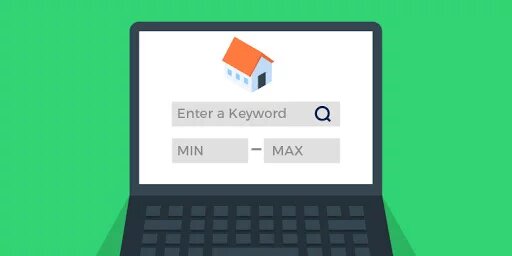
Find a home for sale in your price range
Although we can all dream about the perfect home, unfortunately, reality forces us to consider what we can actually afford. And affordability is more than just buying the most expensive home your loan can get you.
You have to be realistic about the kind of property you can actually afford comfortably. Your household income, personal monthly expenses, property taxes, maintenance and utility costs will all factor into the price range you can afford.
In this case, your realtor can help you calculate the price range you can afford. Your agent can take into account your financial situation, the kind of home you actually need, and the kind of lifestyle you want to have and then put together a price range for your particular case.
At the same time, don’t make your decision on the price range alone. Your choice of neighborhood can have a huge impact on your lifestyle. From your monthly expenses, how much time you spend on commuting, schools in the area, jobs, entertainment options, and so on.
Once your agent has a good idea of your price range, and choice of neighborhoods, they will then use all the property search tools at their disposal (MLS, list of contacts, pocket listings, etc.) to find a number of homes that meet your requirements.
Found a home already and would like to see it? Schedule a showing with us today!

Make a competitive offer within your budget
Once you find the right home, you need to work alongside your agent to make the most competitive offer as possible.
When it is a seller's market, a good real estate agent will reach out to the listing agent to see what is important to the seller. Learning of any important factors could give you great insight into why it’s being sold, and how urgently they need to sell it.
At one time a personal letter was a creative way to provide personality to your offer. Today, many listing agents will refuse to provide personal letters to the seller due to discrimination laws. If you do write a personal letter, it needs to be about the home and what you love about it.
Your agent will also help you put together a competitive offer based on comparable properties in the area.
Of course, you also have to make sure you stick to your price range. Don’t make an impulsive offer higher just to beat the competition. Your goal is to find a great deal on your first time home.

Under Contract
After the contract is signed, there are important deadlines and tasks to complete. The major steps are outlined below, but for a more detailed guide, refer to the Buyers - What Happens Next Booklet. Time is critical, so all tasks must be done within the deadlines specified in the Purchase and Sale Agreement. The following list is typical, but some steps may be waived or not applicable depending on the offer:
- Earnest Money Deposit (EMD): This deposit, held in an escrow account by either the listing broker or your agent's office, shows good faith and can vary based on affordability, competition, and loan type. The EMD will be applied to the purchase at closing but will be forfeited to the seller if you terminate the contract without a contingency.
- Inspections: Also known as due diligence, you and your agent must finalize all inspections, reviews, and negotiations with the seller before the agreed-upon deadline. The deadline may vary by state, so consult your agent for guidance.
- Appraisal: If using a lender, an appraisal is often required, and the lender will order it from an outside company. You can do little but wait for the report, and once received, your lender will review it and inform you of any conditions that must be met.
- Clear to Close: Once contingencies are met, you must provide any further documents needed to complete your loan, and upon review, your lender will issue a clear to close. This means the title company can now transfer ownership, and you can become the new owner upon signing the papers and receiving the keys.
In Conclusion
In conclusion, buying your first home can be an exciting but challenging experience, especially when it is a seller's market.
Remember that having a trusted real estate agent by your side can help you navigate the process, avoid common mistakes, and potentially save you money. With careful planning, research, and the right support, you can find a home that fits your needs and budget, and make your dream of homeownership a reality. Good luck in your home buying journey!
